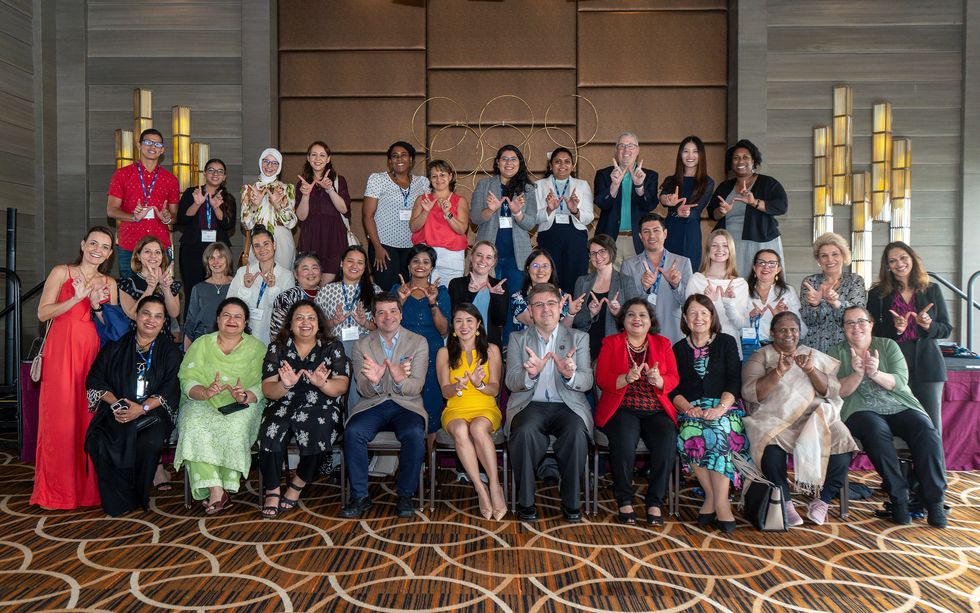
Volunteering has emerged as a significant avenue for professional development, offering individuals various opportunities to enhance their skills and expand their networks. Since the early 2000s, many have embraced volunteer roles within nonprofits and local organizations, recognizing that these experiences provide more than just a means to give back to the community. They serve as a powerful catalyst for personal and professional growth.
Research underscores the universal benefits of volunteering. According to an article by Garen Staglin, cofounder of One Mind at Work, volunteering has been shown to reduce stress and stimulate the release of feel-good hormones such as dopamine. These mental health benefits are well-documented, yet the deeper implications of volunteering often go unnoticed.
The Multifaceted Benefits of Volunteering
Volunteering is not limited to young professionals; it can play a crucial role at every stage of a career. For mid-career individuals, engaging in volunteer work can significantly boost confidence. By tackling new challenges in a supportive environment, they can refine their skills and broaden their experience. This can lead to enhanced job performance and increased job satisfaction.
At the senior level, volunteering offers opportunities to expand professional networks. By engaging with others outside of traditional workplace settings, senior professionals can gain fresh perspectives and collaborative opportunities that might not be available within their usual professional silos. This networking aspect can lead to innovative ideas and potential partnerships that benefit both the individual and the organizations they represent.
Organizations that provide volunteering opportunities are making a strategic investment in their members or employees. By offering these programs, they empower individuals to take an active role in their development. This, in turn, fosters a more vibrant and committed community. Membership-based organizations, such as IEEE, should actively promote volunteer opportunities as key member benefits, inspiring increased participation and engagement.
A Broader Impact on Personal Development
The impacts of volunteering extend beyond resume building and skill acquisition. Engaging in community service can cultivate a sense of fulfillment and purpose. Individuals often find that their experiences in volunteer roles lead to unexpected learning opportunities, enhancing their professional skills in ways they could not have anticipated.
Moreover, volunteering can also improve leadership abilities. Individuals in volunteer positions frequently find themselves in situations that require decision-making and team coordination, skills that are directly transferable to the workplace. This dynamic environment nurtures adaptability and enhances problem-solving capabilities.
In summary, the merits of volunteering are extensive and multifaceted. As more individuals recognize the value of these experiences, the potential for personal and professional growth becomes increasingly apparent. By investing time in volunteer work, individuals not only contribute to their communities but also pave the way for their own development. This symbiotic relationship highlights the importance of volunteering as a strategic pathway to professional success.






